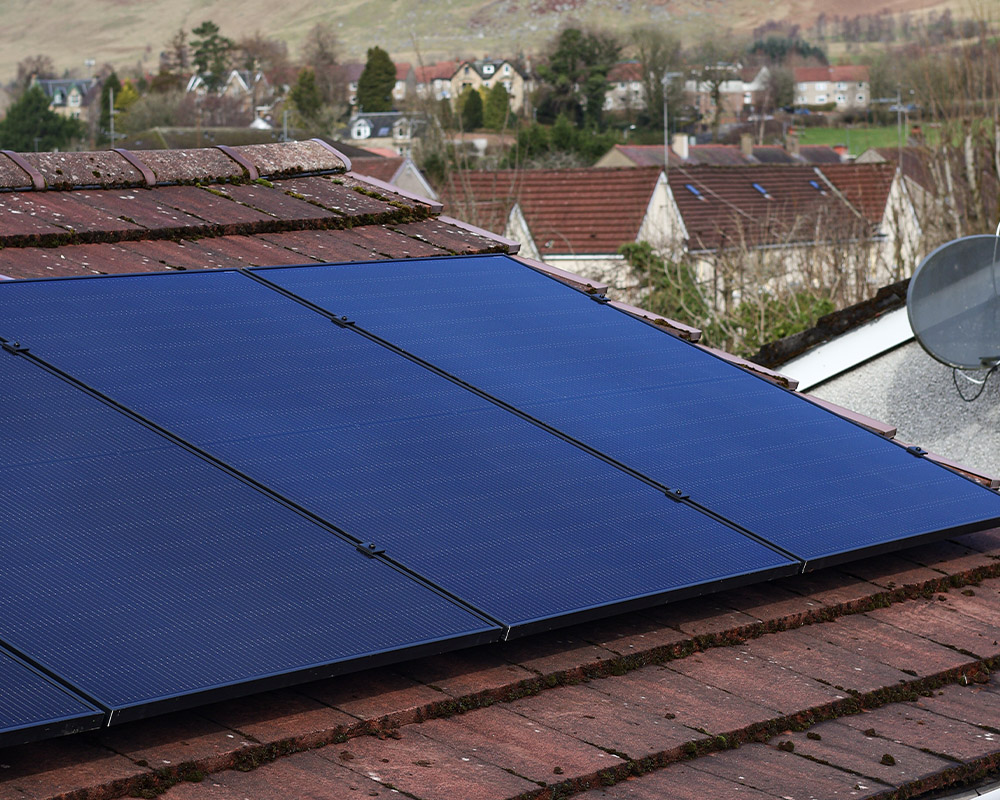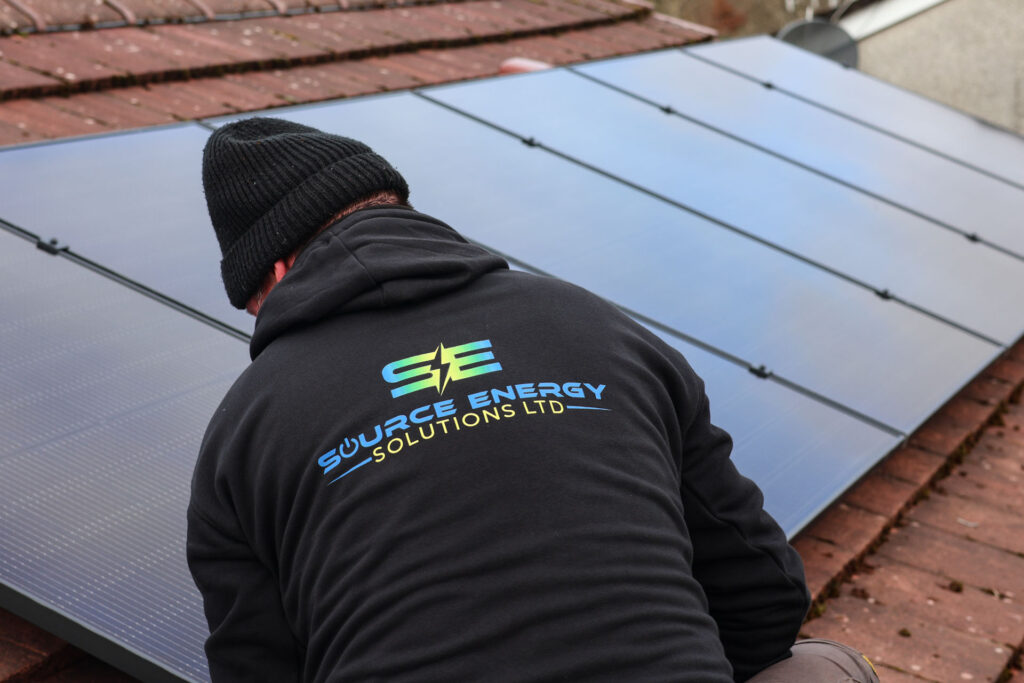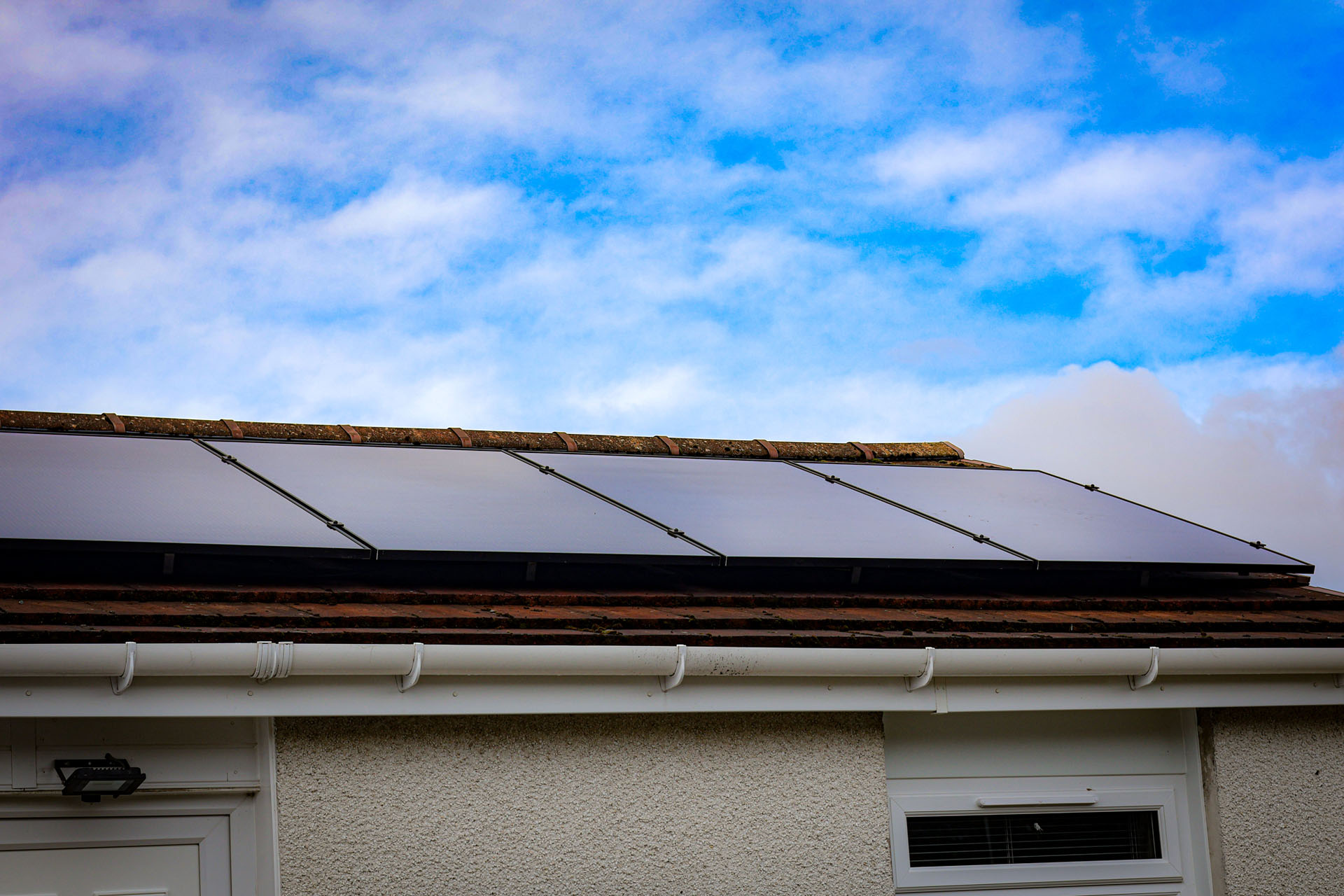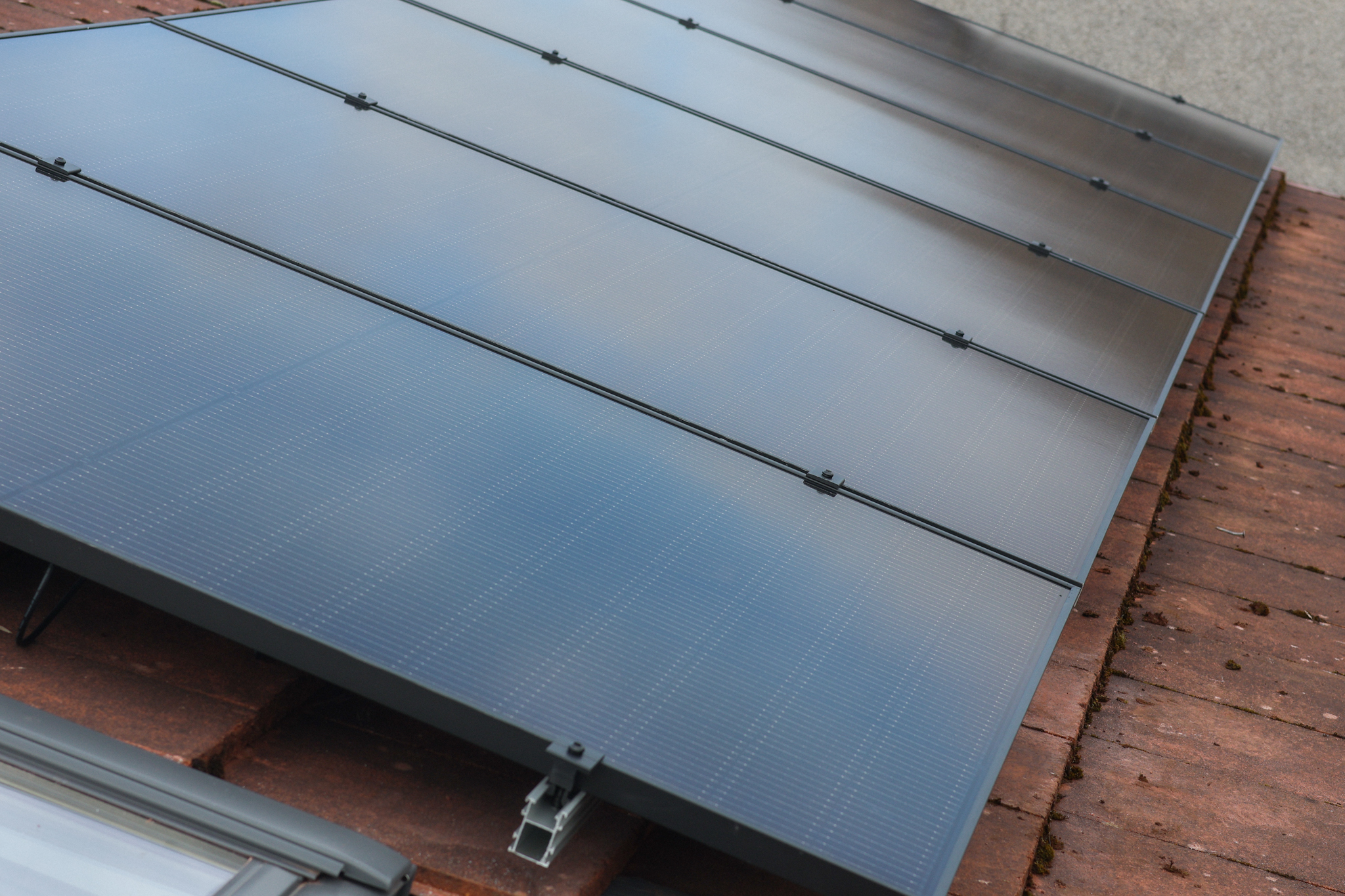Introduction
Renewable energy is increasingly vital in our fight against climate change. Solar panels, a cornerstone of green energy, promise significant environmental benefits. However, their efficiency can be influenced by local climatic conditions. Scotland, known for its cloudy skies and rainy days, poses unique challenges and opportunities for solar energy. In this article, we’ll explore how solar panels perform in Scotland., shedding light on their potential and practicalities.
Understanding Solar Panels
How Solar Panels Work
Solar panels convert sunlight into electricity using photovoltaic (PV) cells. When sunlight hits these cells, it creates an electric field across layers, generating electricity. This process, while seemingly simple, involves complex technology to maximise energy conversion.

Efficiency Factors
The efficiency of solar panels depends on several factors, such as the quality of the PV cells, the angle and orientation of installation, and local weather conditions. Understanding these factors is crucial to optimising solar energy production.
Scotland’s Climate
General Weather Conditions
Scotland experiences a unique climate, characterised by cool summers, cold winters, and high precipitation. The country is known for its overcast skies, but with the advancements in solar technology, systems can still generate energy during daylight hours.
Impact of Scotland’s Climate on Solar Panels
Cloud Cover and Its Effects
Cloudy weather reduces the direct sunlight reaching solar panels, diminishing their efficiency. However, modern solar panels can still generate electricity under diffuse light conditions, due to their ever-improving technologies.
Temperature Considerations
Interestingly, solar panels can perform better in cooler temperatures. High temperatures can reduce the efficiency of PV cells. Scotland’s cooler climate can thus be advantageous in maintaining optimal panel performance.
Rainfall and Humidity Impacts
Frequent rain helps keep solar panels clean, ensuring they operate at peak efficiency. However, excessive humidity can sometimes affect electrical components, necessitating robust, weather-resistant installations.

Benefits of Solar Panels in Scotland
Renewable Energy Potential
Despite its cloudy weather, Scotland has a significant renewable energy potential. Solar panels can still generate plenty of energy due to significant innovations in solar technology, reducing reliance on fossil fuels and enhancing energy security.
Reduction in Carbon Footprint
Utilising solar energy helps cut down greenhouse gas emissions, contributing to Scotland’s ambitious climate targets. Solar panels provide a clean, renewable energy source that significantly lowers the carbon footprint.
Energy Cost Savings
Over time, solar panels can lead to substantial savings on energy bills. With the right setup and efficiency, households and businesses can reduce their dependence on the grid and benefit from lower energy costs.
Technological Advancements
Weather-Resistant Designs
New designs focus on making panels more resistant to harsh weather conditions. Enhanced sealing techniques and durable materials ensure panels can withstand Scotland’s harsher climate.
Maintenance of Solar Panels
Regular Maintenance Practices
Regular cleaning and inspection are vital to ensure panels operate at peak efficiency. This involves removing debris, checking for damage, and ensuring all components are functioning correctly.
Dealing with Weather-Related Issues
Scotland’s weather can pose maintenance challenges. Ensuring that panels are securely mounted and using weather-resistant materials can help mitigate these issues.
Longevity and Durability
High-quality solar panels are designed to last for 25 years or more. Investing in durable panels and proper maintenance can ensure a long operational life, maximising return on investment.
Environmental Benefits
Solar panels significantly reduce greenhouse gas emissions and reliance on non-renewable energy sources. Their adoption supports global and local environmental goals, contributing to a cleaner, greener planet.
Social Acceptance and Awareness
Increasing awareness and acceptance of solar energy are essential. Educational campaigns and community projects help people understand the benefits and feasibility of solar panels, encouraging wider adoption.
Comparative Analysis
Solar Panel Performance in Scotland vs. Other Regions
While Scotland’s solar panel performance may lag behind sunnier regions, advancements in technology and supportive policies help bridge the gap. Comparing performance data from various regions highlights the adaptability of solar technology.
We hope this blog has given some insight into how solar panels perform in Scotland. If you would like to discuss an installation at your home or business, get in touch with one of our team today.


